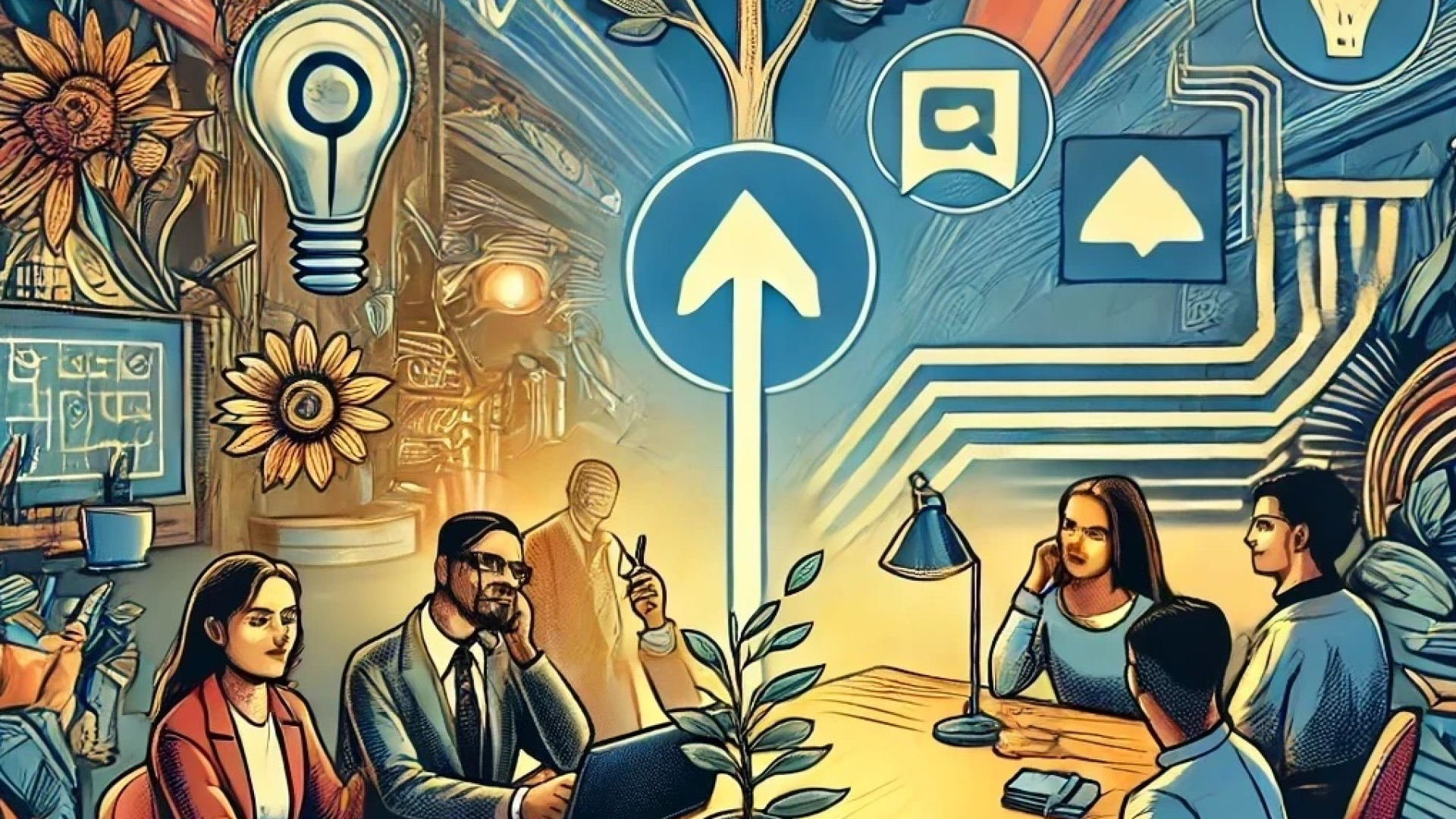The Problem
Development of generative artificial intelligence (AI) is advancing faster than our ability to manage its impacts.
This is already causing unanticipated problems like the lock-in of existing biases and inequities and massive growth in water and energy use.
Organisations increasingly dependent on large tech to operate are finding it hard to hold them to account.
The Challenge
Like other non-profits, while we recognise the value that AI can bring to our impact and operations, fragmented efforts and lack of shared resources mean we don’t yet have the guidelines, frameworks and tools to help navigate the ethical dilemmas posed by AI.
AI’s potential impact is too great to be left to a few billionaires running big tech companies. We need to find effective ways to advocate for AI that serves societal and environmental needs.
How might a campaigning organisation like Friends of the Earth make use of this emerging technology, cut through the hype and discover what (if any) is our role in shaping its future development?
What next?
Expand collaborative networks by continuing to build alliances with other NGOs, tech companies and policymakers to advocate for AI that aligns with human and planetary well-being.
Influence policy and industry standards through public discourse and policy change. Through our partnership with We Are Open, generously funded by the Green Screen Coalition, we have launched a new vision of ethical AI with principles, good practice and policy recommendations to guide environmental justice and digital rights campaigners.
Implement practical experiments to help us understand what strategies are most effective in guiding AI toward positive outcomes and allow us to scale successful approaches.
Educate and empower our staff and partners to ensure that everyone involved is equipped to make informed decisions about AI technologies.
Monitor and adapt strategies to stay responsive to new developments and challenges in the rapidly evolving AI landscape.


